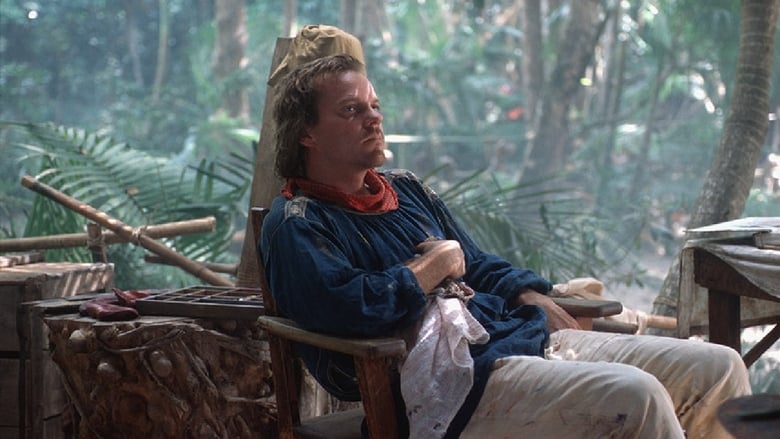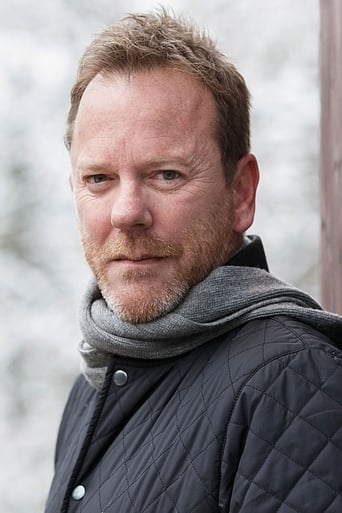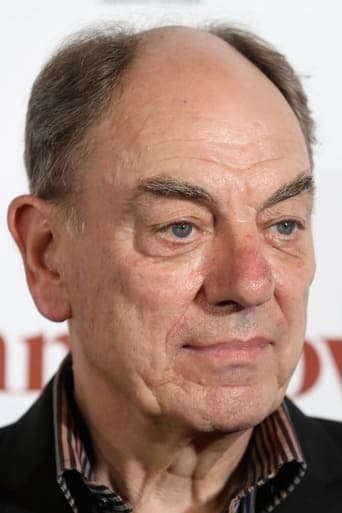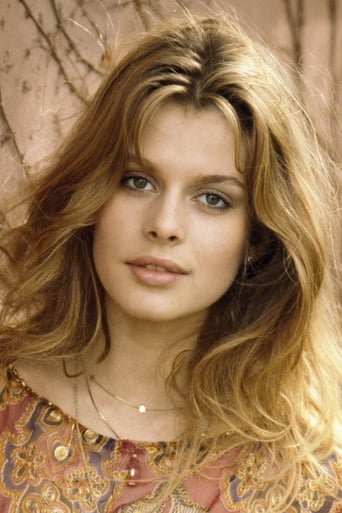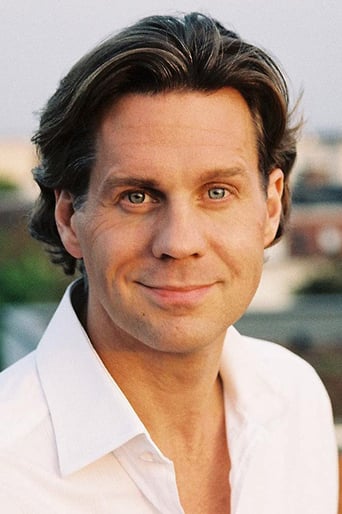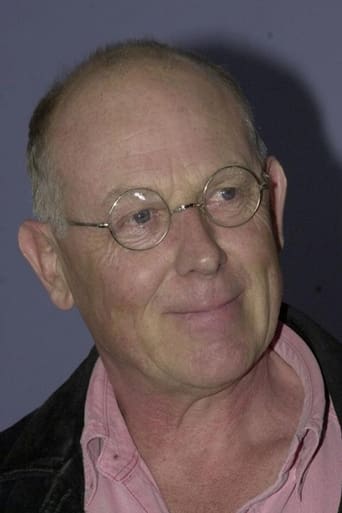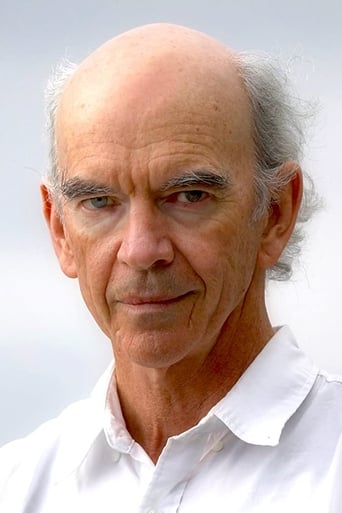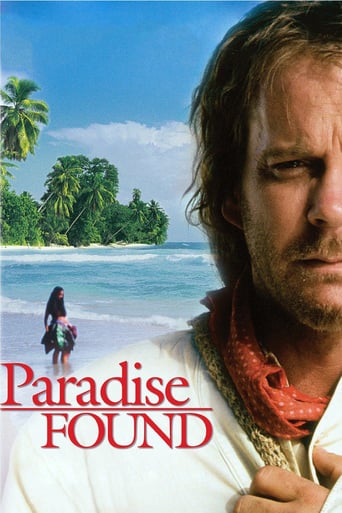
Paradise Found is a biography about the painter Paul Gauguin. Focusing on his personal conflict between citizen life and his family life and the art scene in Frane. In an incredible imagery montage Gauguin manages to make a successful living in the South Pacific, while being in opposition to France.
Similar titles
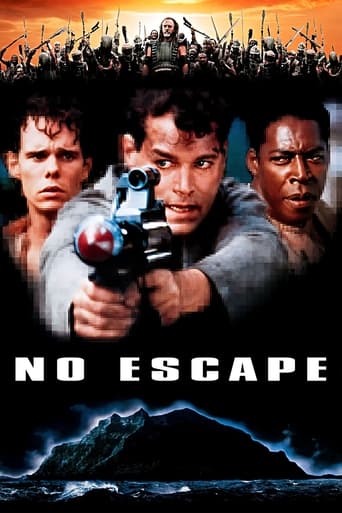
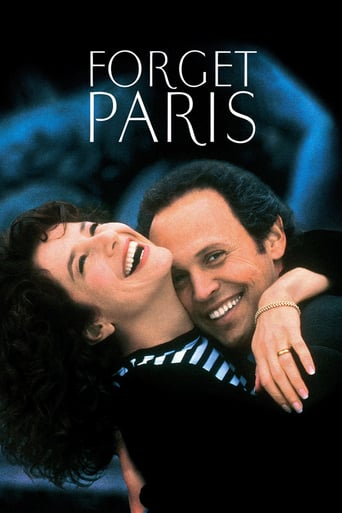
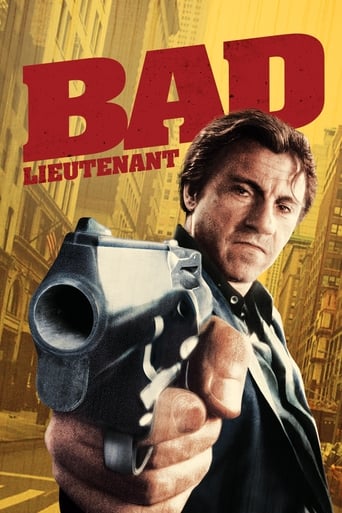
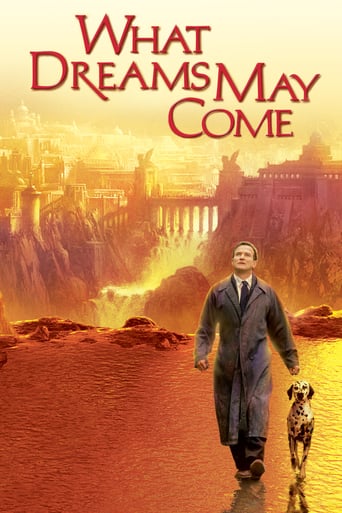
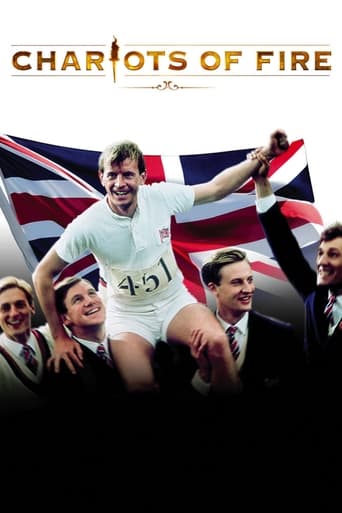
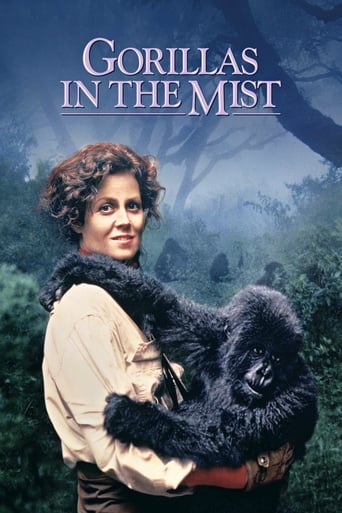
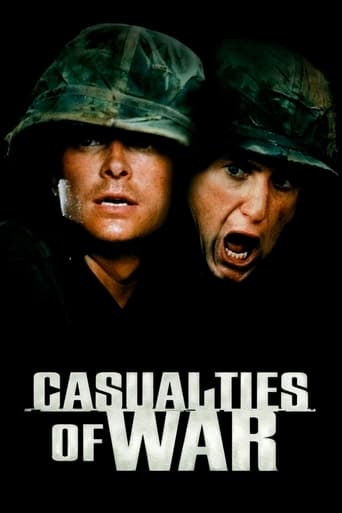
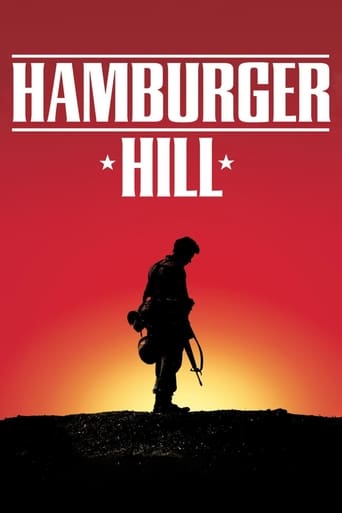
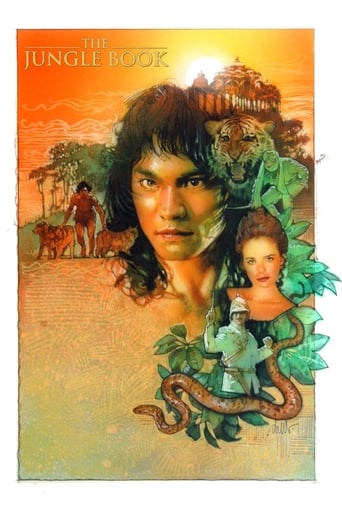
Reviews
What a beautiful movie!
It's the kind of movie you'll want to see a second time with someone who hasn't seen it yet, to remember what it was like to watch it for the first time.
Blistering performances.
A great movie, one of the best of this year. There was a bit of confusion at one point in the plot, but nothing serious.
The Post-Impressionist painter Paul Gauguin was famously portrayed by Anthony Quinn in the Van Gogh biopic "Lust for Life" in the fifties, a performance which won Quinn a "Best Supporting Actor" Oscar, even though his character is only on stage for eight minutes. In "Paradise Found" it is Gauguin's turn to take centre stage. This is not a complete biography of the painter- Van Gogh, for example, is never mentioned- but concentrates on two periods in his life. In 1880 Gaugin is working as a stockbroker in Paris. His job pays well and he has become a fully paid-up member of the French haute bourgeoisie. He is also an amateur painter and an enthusiastic art collector. A chance meeting with the older artist Camille Pissarro, who later becomes a close friend, persuades him that his vocation is to paint full-time and he resigns from his job, much to the dismay of his Danish-born wife Mette. Intercut with the scenes showing the beginning of Gauguin's artistic career are others set during a later part of his life. He is now separated from Mette and his family and living in Tahiti where he has gone to seek inspiration. He befriends the local inhabitants, whose way of life he admires, and clashes with the local missionaries and the French colonial authorities who he believes are threatening to destroy traditional Tahitian culture in their zeal to bring Christianity to the island. The film's title, an obvious play on that of Milton's "Paradise Lost", therefore has an ironic meaning. Gauguin believes that he has found Paradise in Tahiti, but it is a Paradise in danger of being "lost" again, and that danger, ironically, comes from the Christian religion of which Milton was so ardent an advocate. Gauguin is played by Kiefer Sutherland whose father, Donald, also once played the artist, in the 1986 film "The Wolf at the Door", which I must admit I have never seen. Now there is nothing really wrong with Kiefer's performance here, but it does not really catch fire. The best of the cast is probably Alun Armstrong as Pissarro. Nastassja Kinski never really looks convincing as Mette, largely because of that blonde wig. (Someone obviously told the director, incorrectly, that there are no brunettes in Denmark). It is not impossible to make a bad film about the life of a great artist- Derek Jarman managed it with the near-incomprehensible "Caravaggio"- but because so many famous have been passionate, larger-than-life individuals, films about them give great scope for film-makers and actors to produce something memorable. I am thinking not only of Quinn and Kirk Douglas in "Lust for Life" but also of Charles Laughton in "Rembrandt", Charlton Heston as Michelangelo in "The Agony and the Ecstasy", Colin Firth as Vermeer in "The Girl with a Pearl Earring" and Timothy Spall in Mike Leigh's recent "Mr Turner". "Paradise Found" is visually attractive, both in those scenes set in France and those taking place in the South Pacific, and overall it is not a bad film. In fact, it is quite a good one. I just felt that a film dealing with someone like Gauguin could have done better than "quite good". 7/10
Paradise Found (2003)Paul Gauguin is a great artist, and his work is daring and beautiful. So whenever the movie lets the work show through--and it does several times--it rises to its best. And the man playing the artist, improbable as it is, is Kiefer Sutherland, who does a decent job. It's hard to say to what extent he is true to the real man--how can anyone know?--but he combines intensity and craziness in good measure.And, to keep on the good notes, it's actually not so bad how German-born Nastassjia Kinski handles the Danish wife of Gauguin, Mette-Sophie. Several other characters make brief appearances, the one most famous is Pissarro played by Alun Armstrong, who I didn't know, but who is strong enough at making the Impressionist slightly out of touch with the changing tides of art. In fact, what the movie does accomplish is show some sense of the art scene in Paris from Gauguin's point of view, and Gauguin's friendship with Pissarro as a catalyst to his becoming a serious artist.The story is told in interspersed flashbacks, which are distracting and almost arbitrary. It begins with Gauguin's arrival in Tahiti, then jumps back 17 years to Paris, then to Tahiti, back and forth uncountable times. And without reason, except to chop the movie up, as if a chronological telling would be dull. More troubling is the depiction of Tahiti (and other islands in French Polynesia). It plays loose with facts. Historically, the islands were largely ruined and in disease from the colonists, not the idyllic paradise shown here, infested with a handful of soldiers and an excessively zealous Christian missionary. The struggle of the islanders to preserve their religious icons is overemphasized, and the struggle of Gauguin to land women and young girls for sex is underemphasized. He's passionate and troubled, broke and dirty. That is, he's an artist, through and through.So it gets a bit tiring. And in fact, between all the little eruptions of energy and conflicting emotions, very little happens, really happens. And it's filmed plainly, to the point of being dull, cutting from person to person in conversation as if by formula. The sets are well done and sometimes quite beautiful, and they should have inspired a more intense visual approach. As the paintings themselves should have, too.
But let's face it, only two very select demographic groups were likely to be interested in the first place firstly, Gauguin enthusiasts and, secondly, insomniacs like me who'll still be awake to catch this kind of obscure, unknown of picture when satellite/cable TV airs it in the early hours.I don't know much about the real life Paul Gauguin, so I can't really judge for myself how historically accurate this thing is, but it wouldn't surprise me if it's taken a few liberties along the way I mean, what historical movie hasn't? (You ought to skim through a couple of films about the English Civil War to see what they've done to the real-life Oliver Cromwell). But regardless, at heart 'Paradise Found' is a weak film striving to be stronger all the while, and in some ways that is something to be admired. It definitely does have things on its mind, and a message all there and waiting to be revealed - it's just not sure exactly how it wants to say it, and that's the movie's major stumbling block defined. Some pretty interesting issues and talking points are skimmed upon but go understated - generally, this is about religious and cultural tolerance and the importance of staying true to your personal dreams, but the screenplay doesn't have enough confidence to speak out loud enough on either topic. Added to which, so little weight is given to Gauguin's own personal philosophical musings on these issues throughout that when they finally come they feel like more of a tacked on afterthought, and never allow for any truly pensive impact. There are also too many flat supporting characters who could've done with a bit more polish and substance in order to give it more contextual support. Nonetheless, there were enough aspects of 'Paradise Found' I liked to make it well-worth the viewing namely, Kiefer Sutherland. His performance as Gauguin is really something a strong lead can do wonders for even the most sheepish of movies and I'm glad to see that people here have at least been giving him credit for it. We follow Gauguin as he quits his job in Paris as a stockbroker and tries to make it as an artist, soon learning that there are no easy roads to instant success. So he decides to got to Tahiti for his inspiration actually, due to the non-linear structure of the film, we know this by the very opening scene. Two stories, one of the past (Gauguin's life in Paris), one of the present (his life in Tahiti), are neatly interwoven and told almost simultaneously. Personally I'm not going to criticize 'Paradise Found' in this respect as far as I'm concerned it was one of the screenplay's biggest merits. For all it was worth, it managed to 'shake up' the story somewhat and latch onto my curiosity, and as soon as I'd sussed out the formation of the film I was genuinely curious to know more if anything, just how this wealthy family man could have ended up in such a position, as well as where he'd go from there. This is open to dispute, but I seriously doubt that this same narrative would've worked any better in the conventional format.Nobody is going to argue with the aesthetic qualities of this film visually speaking, it's a real blessing, capturing the natural splendor of those colourful tropics to the core. And it isn't entirely lacking in human emotion. Gauguin's ever-increasing conflict with his worldly wife doesn't quite manage to stir up any deep feelings within, which is a shame because it's treated as pretty much the central focus, though his relationship with his youngest daughter is a lot more involving, and provides the movie with a few genuinely emotive moments that could surprise you.All in all, 'Paradise Found' is too slow-moving and unsure of itself to be everyone's cup of tea, but it's still a perfectly light and refreshing enough experience for anyone willing to look past those problems. And while it may not go down as an instant classic amongst fans of Kiefer Sutherland, following the cool but cold mechanics of his usual action thriller routines like '24' and 'Phone Booth', I appreciate his gumption for trying something different. After all, it's ideal as a movie for the early hours - worth watching if you're still awake for it, but perhaps not quite so getting up for.Grade: C+
A romanticized look at Paul Gauguin's foray into post-impressionism in the late 1880's. As written by screenwriter John Goldsmith, Gauguin doesn't have a great deal happen in his life, cinematically. He gives up his brokerage job to paint, goes to Martinique, returns to France to become a leading artist in the new movement. Spends two years in Tahiti where he paints the islanders to critical acclaim. Back in Paris, he ruminates a few more years before returning to the South Seas for good.Kiefer Sutherland does his best as Gauguin but can do little against a pedestrian plot. We see only a shade of the pain and frustration of an artist driven to create but unable to overcome a painters block. As a result, we cannot share in the exhilaration he feels when finally he achieves his goal. His wife, played by Nastassja Kinski, runs hot and cold to her husband's career choices and while she provides drama, does little to solicit our sympathy.The narrative construction is not linear, which is unfortunate. We are constantly being thrust backwards and forwards in time which means constant mental adjustment and readjustment on the part of the audience. Not a good formula for success for a film of this calibre.Viewed at the American Film Market in February.
Top Streaming Movies











